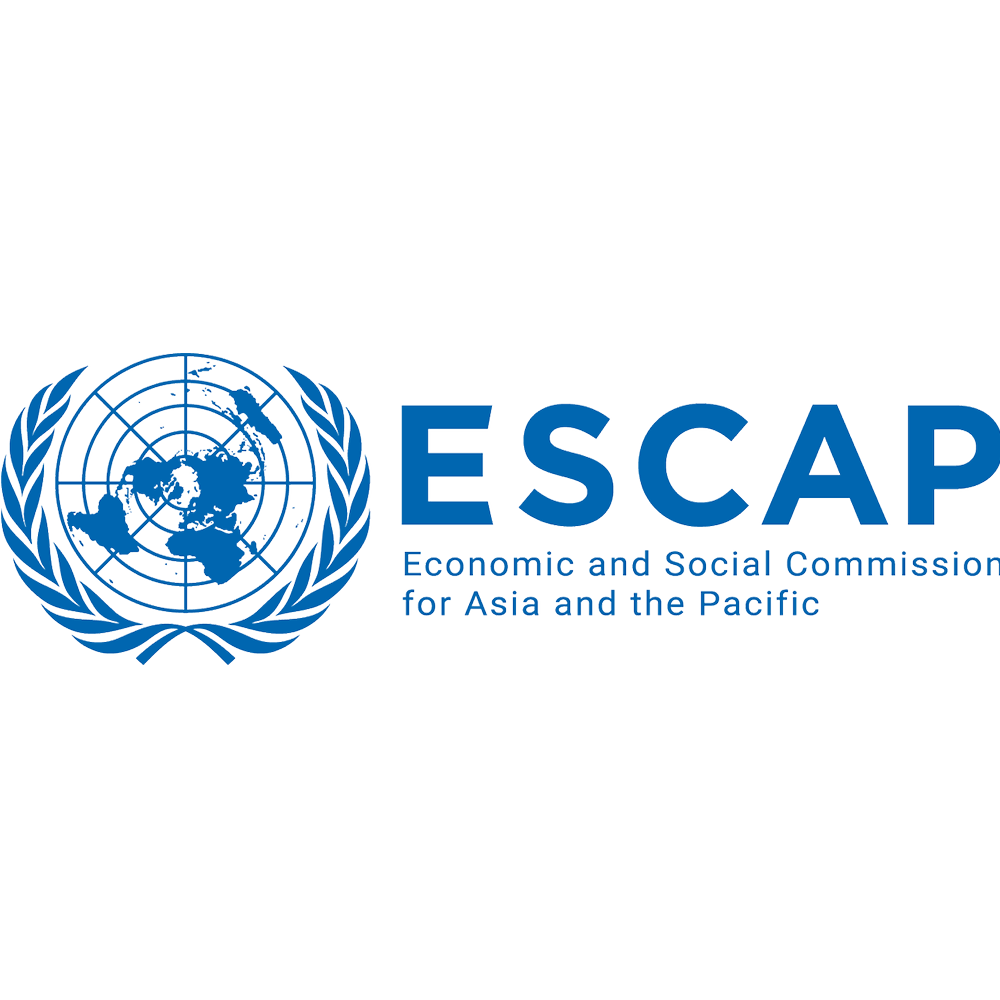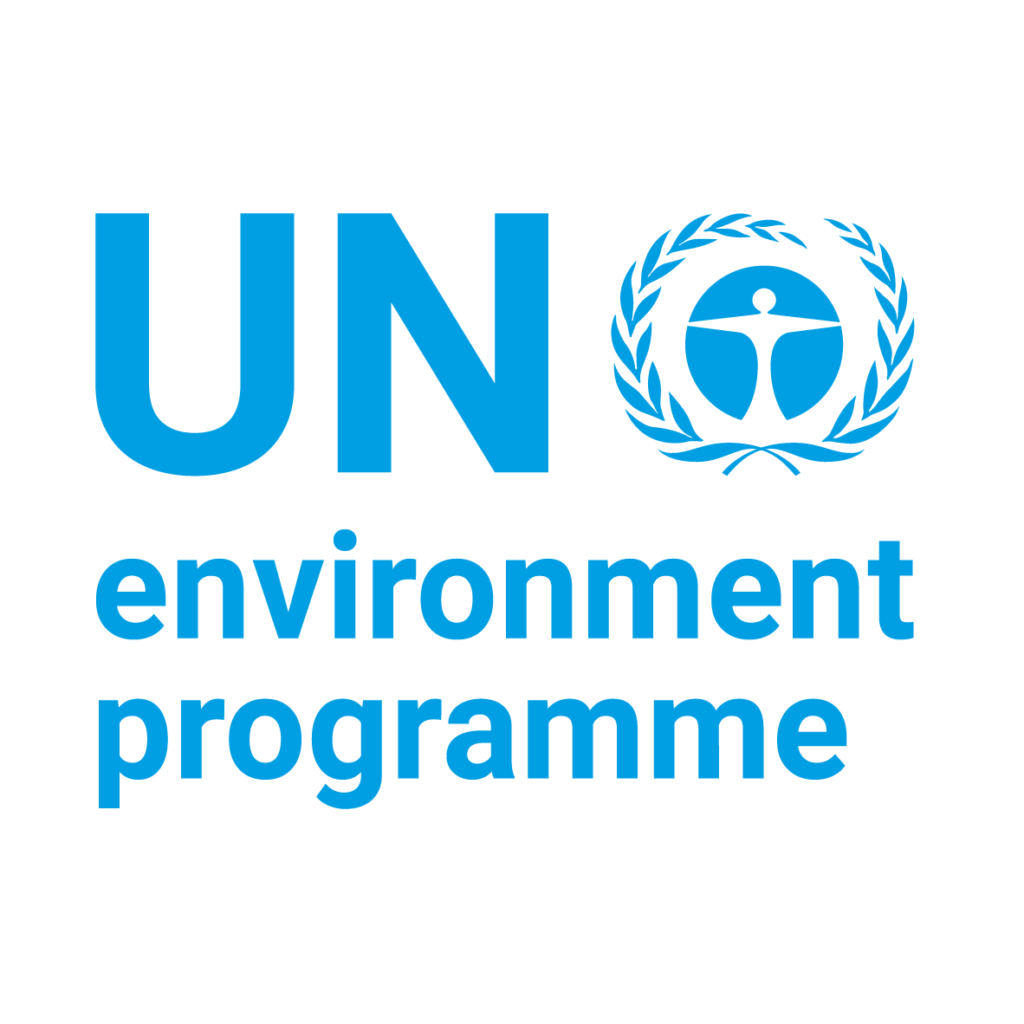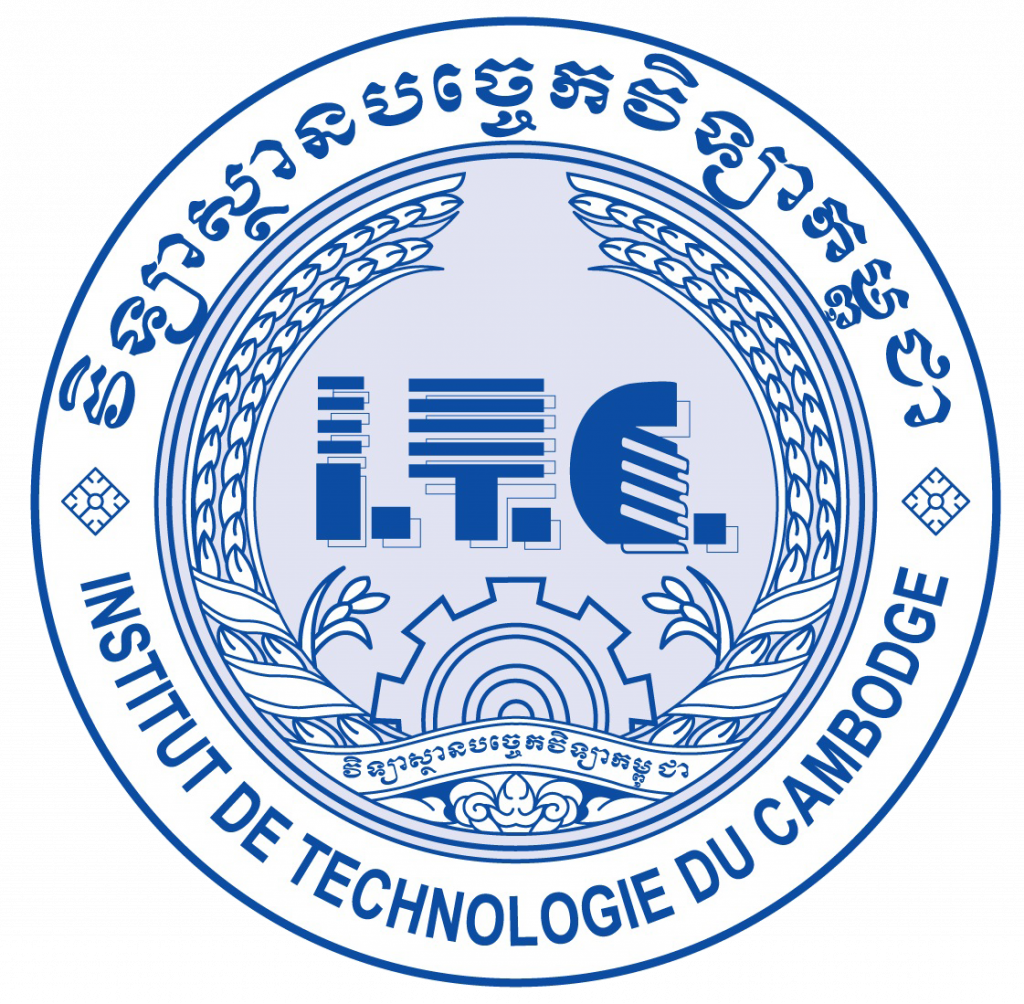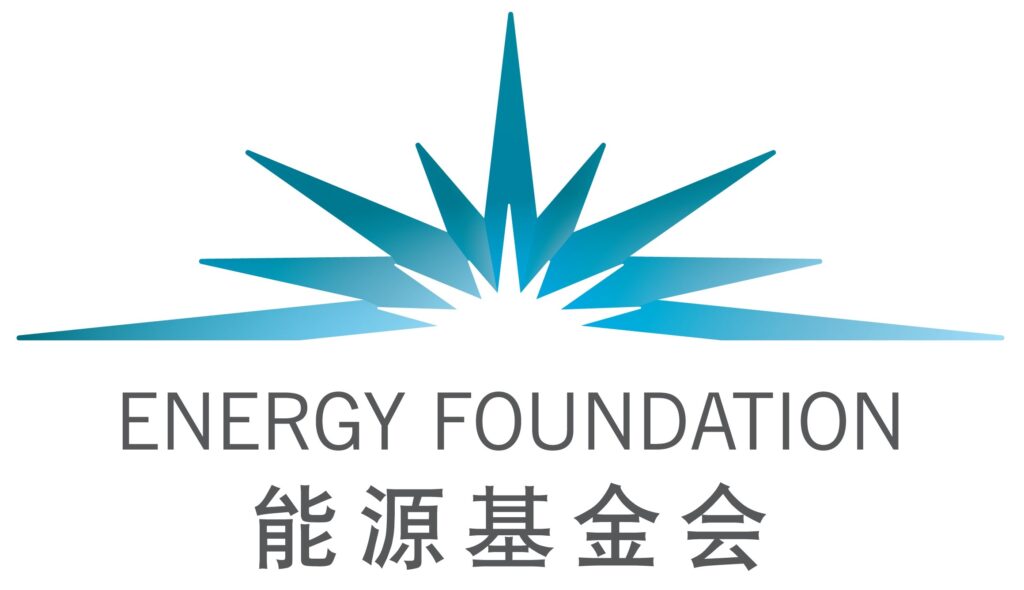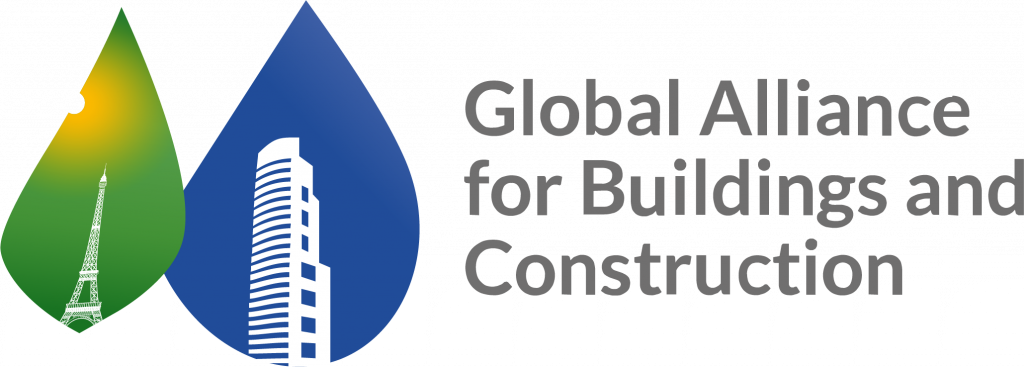
Why is Passive Cooling Important in Cambodia?
As global temperatures rise, cooling has become essential. In Cambodia, space cooling demand already consumes a large share of the nation’s electricity, and is projected to double within 20 years as the population grows, incomes increase and the effects of climate change push people toward greater reliance on mechanical cooling to maintain thermal comfort.
What is Passive Cooling?
Passive cooling strategies reduce dependence on mechanical technologies (such as air conditioning) by utilizing design elements, and nature-based solutions (NbS) to improve indoor thermal comfort, awhile concurrently lowering energy consumption and greenhouse gas (GHG) emissions.
Potential Benefits of Passive Cooling
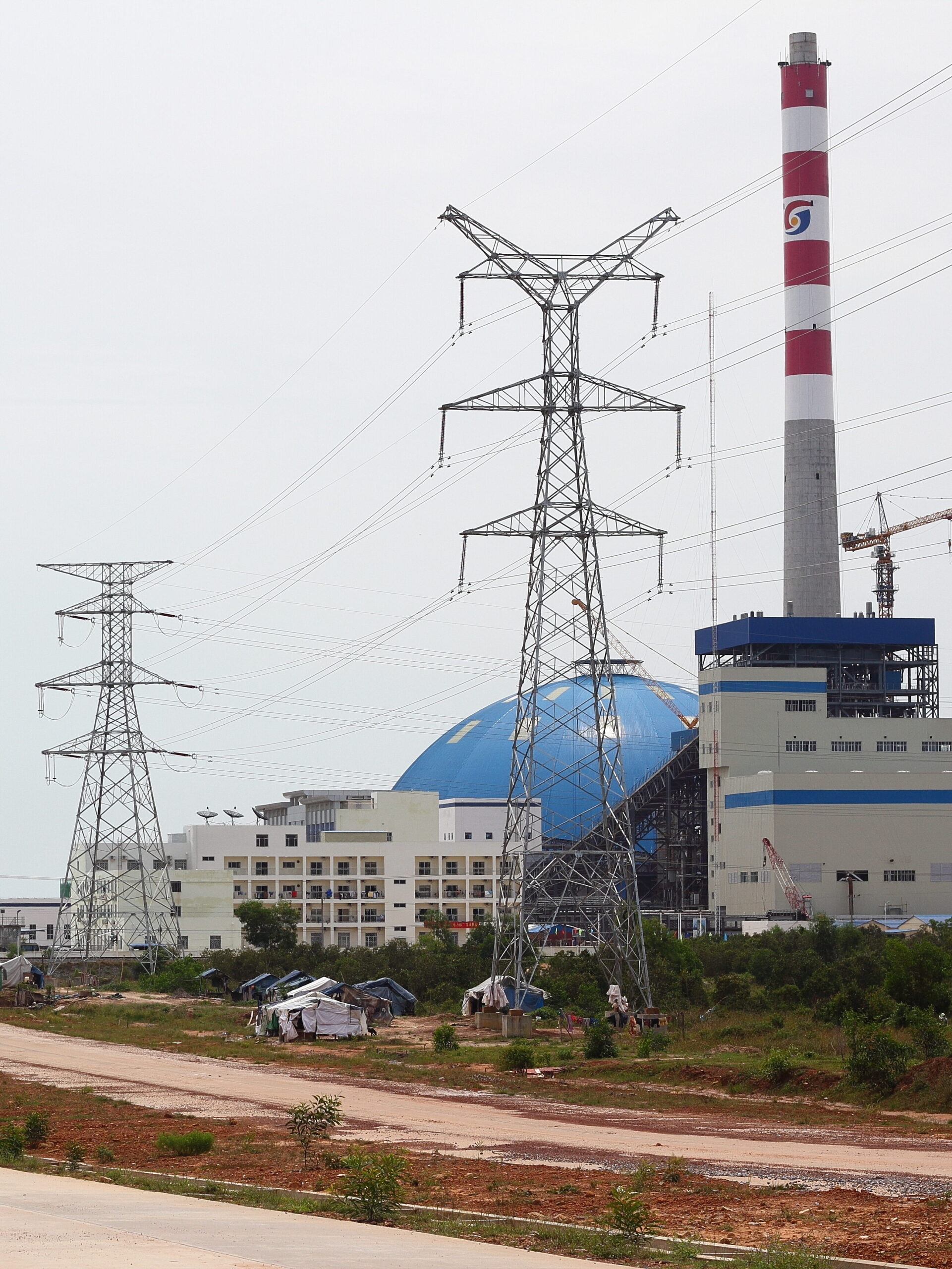
Energy & Emission Savings
Passive cooling strategies significantly reduce energy consumption by minimizing the need for mechanical cooling systems, cutting electricity demand. This leads to lower greenhouse gas emissons from power generation, supporting climate change mitigation. By leveraging natural ventilation, shading, specific materials and reflective surfaces, these strategies enhance energy efficiency and contribute to sustainable development.
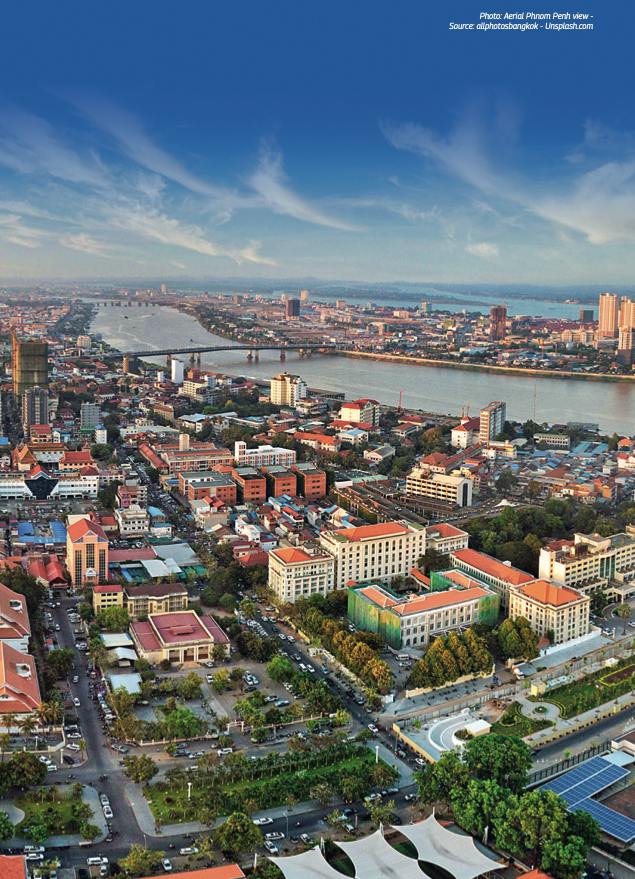
Social Benefits
Passive cooling strategies enhance thermal comfort, reducing reliance on energy-intensive air conditioning. They lower energy costs, mitigate urban heat island effects, and promote health by improving indoor air quality. These sustainable approaches foster resilience to climate change, supporting equitable access to cooling solutions while reducing environmental impacts.
Putting Passive Cooling into Practice
To support the uptake of passive cooling strategies, a Community of Practice led by the Institute of Technology of Cambodia (ITC) has been established. Its objective is to share knowledge, support skills development, and provide practical applications for architects, engineers, energy specialists and building sector practitioners from private firms, public institutions, and development organizations.


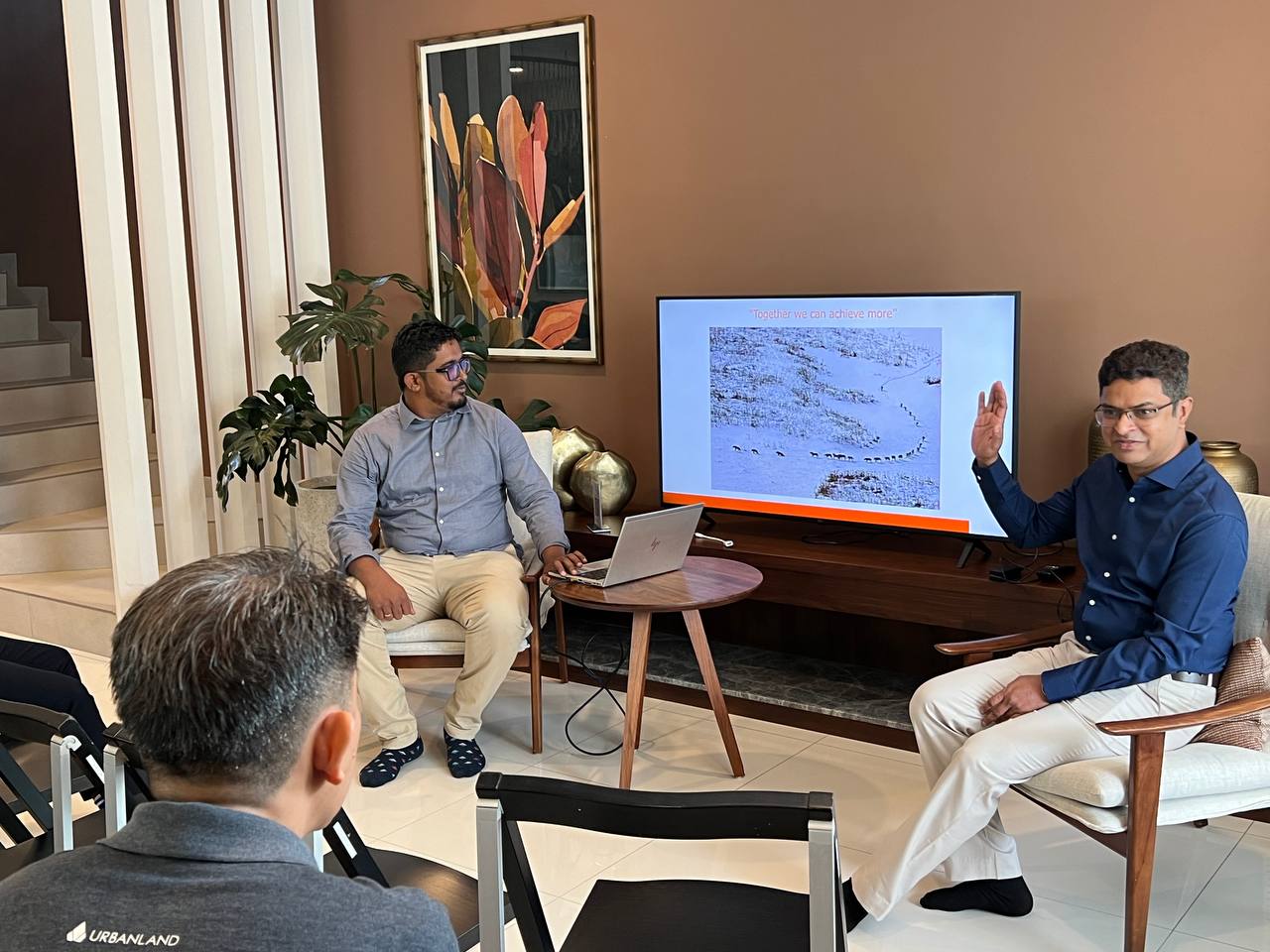
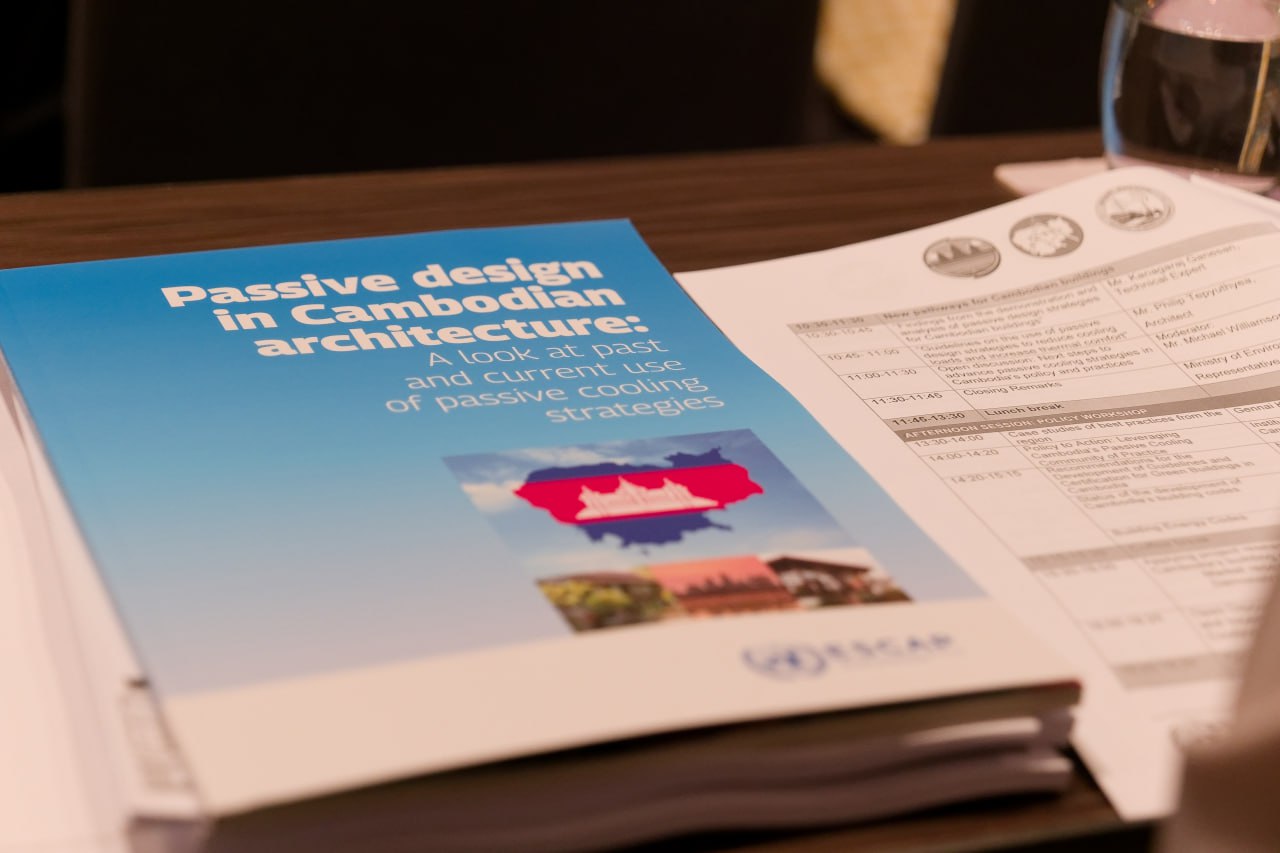
Our Partners

